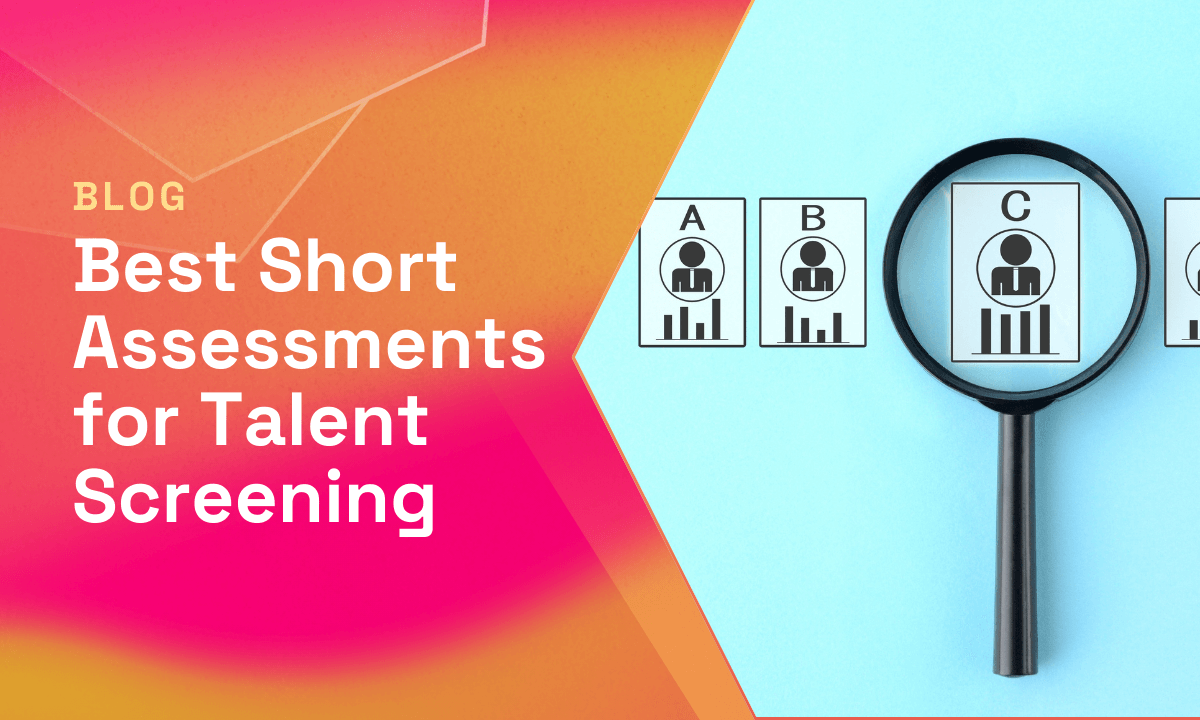What’s wrong with modern leaders?
And what smart HR teams are doing about it
There’s something off about how we choose leaders today. If you’ve ever worked under someone who was promoted more for their presence than their people skills, you’ve felt it. Confidence is often mistaken for competence. Charisma gets rewarded, while quiet potential gets ignored. And then we wonder why engagement dips, trust evaporates, and performance stalls.
It’s not that leaders themselves are broken. The problem lies in the outdated systems we use to identify, develop, and promote them. Systems that haven’t evolved to meet the pace, complexity, or human demands of today’s workplace. HR and people leaders, especially CHROs, are stuck managing this disconnect every day. And the pressure is mounting.

The race to find future-ready leaders is on
Across industries, there’s a growing urgency to answer one question: “Who’s ready to lead next?” Succession planning used to be a slow, top-down process. Now, with shifting teams, flatter orgs, and rapid pivots, leadership potential needs to be spotted and supported much earlier.
Unfortunately, most organizations still rely on manager nominations, visibility, or gut feel. That’s a problem, because high-potential people don’t always look or act the part, especially if they’re still developing confidence, aren’t plugged into the right networks, or don’t fit traditional leadership molds. This kind of bias doesn’t just stall careers, it quietly drains your pipeline.
HR leaders know they need better signals. They need a way to spot potential before it becomes obvious and before it walks out the door.
Coaching works, but it hasn’t kept up
There’s no question that coaching is one of the most powerful tools in leadership development. It builds confidence, deepens self-awareness, and helps individuals turn insight into behavior change. The issue is access. Coaching remains expensive, time-consuming, and exclusive, usually reserved for senior leaders or “high-stakes” talent.
Meanwhile emerging leaders, those managing people for the first time or stepping into more strategic roles are left with webinars, LMS modules, or nothing at all. They’re expected to sink or swim, often during the most formative stretch of their leadership journey.
This gap isn’t just frustrating, it’s costly. CHROs need a development model that brings the impact of coaching to the people who need it most, when they need it most, at a scale the business can afford.
We’re still rewarding the wrong traits
Decades of research and a lot of lived experience tell us that the traits that get someone promoted aren’t always the ones that make them a good leader. Overconfidence, dominance, and charisma often win out over humility, fairness, and emotional intelligence. And while those traits might help someone climb fast, they can do serious damage once they’re in charge.
Narcissistic leaders are linked to lower morale, higher attrition, and toxic culture. Yet we continue to confuse loud with strong, and decisive with wise. In doing so, we overlook the people who are quietly leading with empathy, curiosity, and resilience- the very qualities our teams say they want in their leaders.
If we want to build cultures that are inclusive, high-performing, and human, we need better ways to recognize the difference between real leadership and its performance.
A smarter, fairer way forward
At Deeper Signals, we’ve spent years helping organizations rewire how they identify and grow leaders. Our Emerging Leadership solution is designed for exactly these challenges and it works because it’s rooted in behavioral science, built for scale, and designed to meet real people where they are.
With Deeper Signals, organizations can quickly assess leadership potential across their entire workforce, not just the most visible few. Our Core Coaching model makes high-impact development accessible, blending human coaching with tech-driven personalization. And through Sola, our AI-powered assistant, future leaders get ongoing, contextual support, not just a one-time program.
The result is a more objective, inclusive, and scalable approach to leadership development. One that helps CHROs build a pipeline that’s not just full but future-ready.
The future of leadership is already here (we just need to back it!)
What’s wrong with modern leaders isn’t a mystery. It’s the same story we’ve seen play out for years: we reward the familiar, invest too late, and confuse confidence with competence.
The good news is that the tools, data, and models we need to change the story already exist. What CHROs need now is the mandate and the momentum to act differently.
Because the next great leader in your company? They’re probably already here.Let’s make sure they don’t go unseen.





























